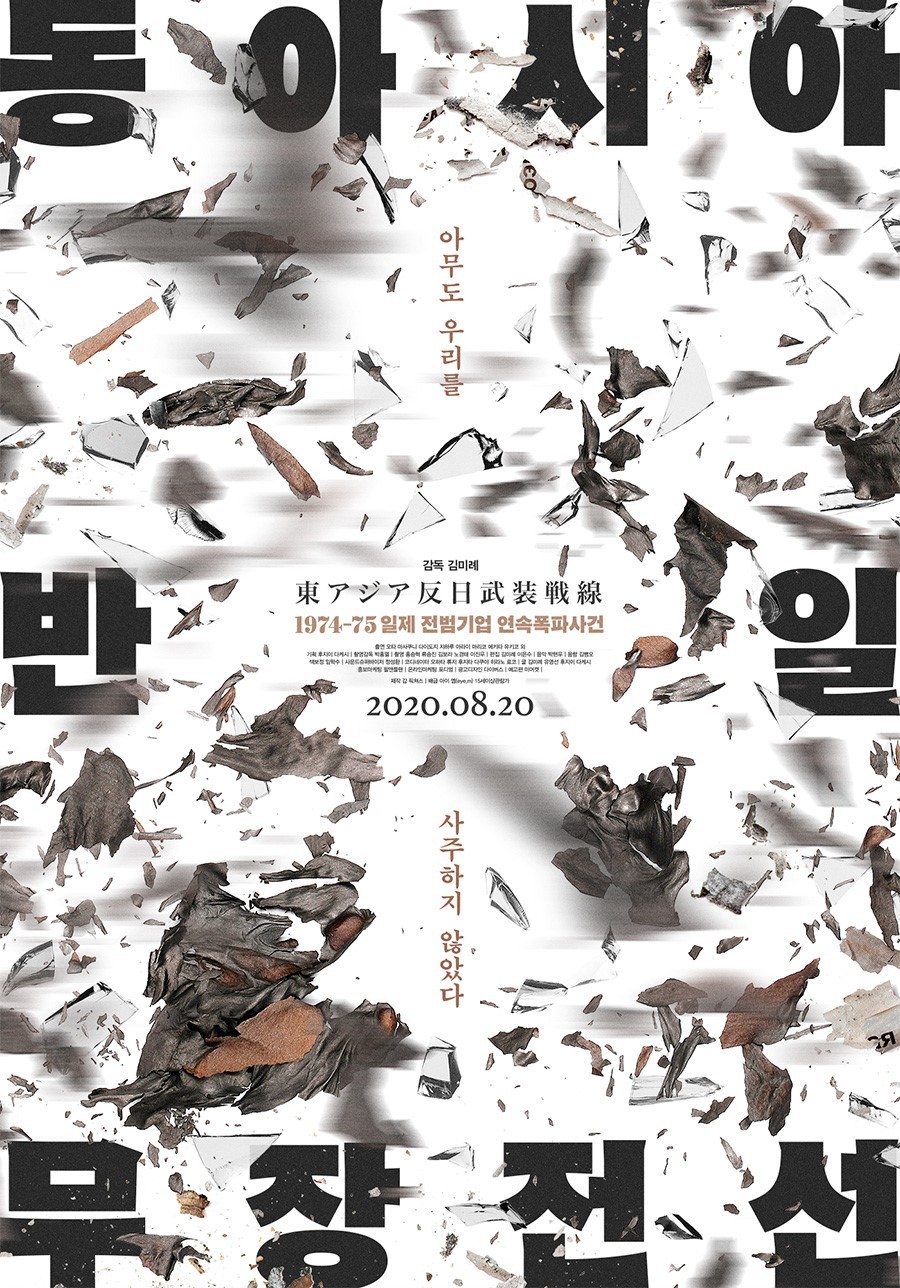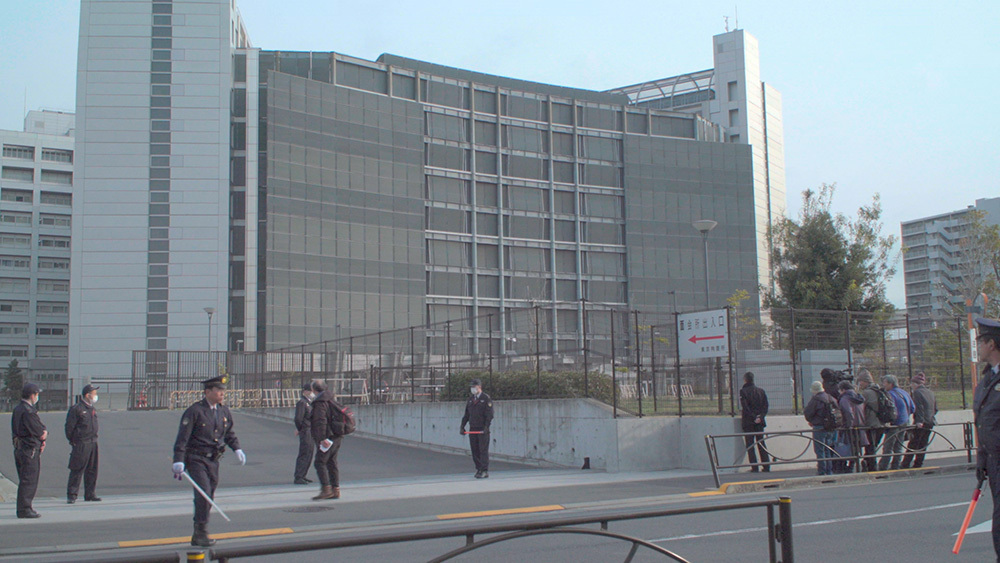A look at Japanese imperialism from perspective of the guilty
Documentary examines mid-1970s bombings of Japanese companies accused of war crimes
By Choi Ji-wonPublished : Aug. 5, 2020 - 15:22

On Aug. 30, 1974, a bombing attack at the Mitsubishi Heavy Industries headquarters in Tokyo killed eight people and wounded some 370 others. Through May 1975, eight more explosions occurred at Japanese businesses and groups accused of war crimes, including Mitsui & Co., Taisei Corp. and Kajima Corp.
Korean documentary film “East-Asia Anti-Japan Armed Front” tells the story of those who sought to raise awareness of the atrocities of imperial Japan through interviews with people who kept in close contact with members of the organization, financially supporting them after their arrests in 1975. The film’s title is taken from the Japanese armed group behind the attacks.
At a press premiere in Seoul on Tuesday, director Kim Mi-rye and the film’s archivist and independent researcher Sim A-jung were joined by Masakuni Ota, brother of EAAJAF leader Masashi Daidoji.
“Back in the 1970s Japan, not many people were aware of the problems stemming from Japanese colonialism or protested about it. The actions of EAAJAF were significant in that it was the Japanese who acknowledged the nation’s war crimes,” Ota, also a researcher of Japanese imperialism and nationalism, told the media Tuesday.
The bombings were deemed an act of terrorism by most Japanese and the organization’s members have been imprisoned, with some still in jail, while others are on international most-wanted lists. Sentenced to death in 1987, Daidoji died of cancer in prison in 2017.
“Most people in Japan have now forgotten about the incidents, but as the film shows, people of all social classes still support them and many promise to remember their actions,” Ota said.
“Extreme nationalism has been spreading in Japan in the last 25 years or so, and it’s not an easy period for films such as this to open. But small movements to build solidarity between the people, not nations, have continued and I’m hoping the film is used to empower such individual actions,” Ota said.

Meanwhile, producers stressed the film does not intend to stoke anti-Japanese sentiment that has been on the rise in Korea. According to Sim, the word “anti-Japan” in the organization’s name East-Asia Anti-Japan Armed Front refers to the Japanese people’s awakening to their position as perpetrators, and not victims, of World War II, rather than emotional hatred against the country.
The film is the fifth feature by documentary director Kim, whose works have focused on the working class.
Kim hopes her new film provides a chance for Koreans to reflect on the history from the position of people who accepted themselves as perpetrators of war and acted to take responsibility.
“Being born and raised in Korea, I have always acknowledged the flow of history from the victim’s position. In making this documentary and following the footsteps of the EAAJAF members, I was able to put myself in the shoes of the perpetrators. I hope the Korean audience can also look back on the Korean society from that perspective,” Kim said.
The film opens in theaters on Aug. 20.
By Choi Ji-won (jwc@heraldcorp.com)







![[Graphic News] More Koreans say they plan long-distance trips this year](http://res.heraldm.com/phpwas/restmb_idxmake.php?idx=644&simg=/content/image/2024/04/17/20240417050828_0.gif&u=)
![[KH Explains] Hyundai's full hybrid edge to pay off amid slow transition to pure EVs](http://res.heraldm.com/phpwas/restmb_idxmake.php?idx=644&simg=/content/image/2024/04/18/20240418050645_0.jpg&u=20240419100350)






![[From the Scene] Monks, Buddhists hail return of remains of Buddhas](http://res.heraldm.com/phpwas/restmb_idxmake.php?idx=652&simg=/content/image/2024/04/19/20240419050617_0.jpg&u=20240419175937)

![[KH Explains] Hyundai's full hybrid edge to pay off amid slow transition to pure EVs](http://res.heraldm.com/phpwas/restmb_idxmake.php?idx=652&simg=/content/image/2024/04/18/20240418050645_0.jpg&u=20240419100350)

![[Today’s K-pop] Illit drops debut single remix](http://res.heraldm.com/phpwas/restmb_idxmake.php?idx=642&simg=/content/image/2024/04/19/20240419050612_0.jpg&u=)